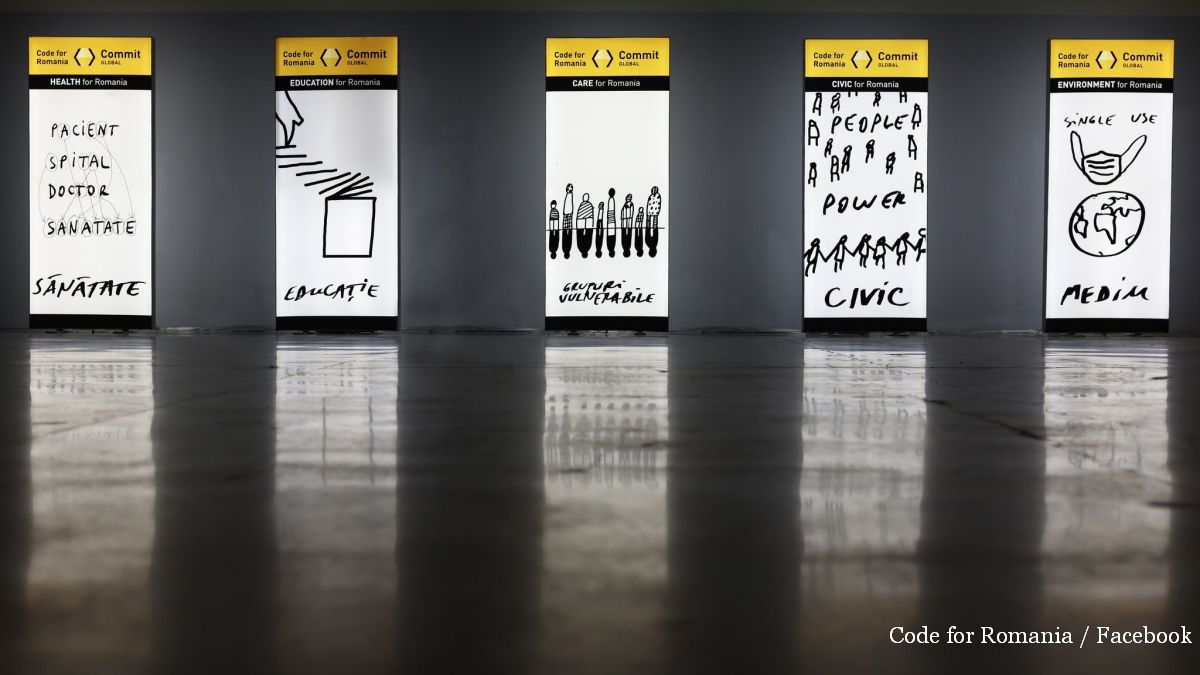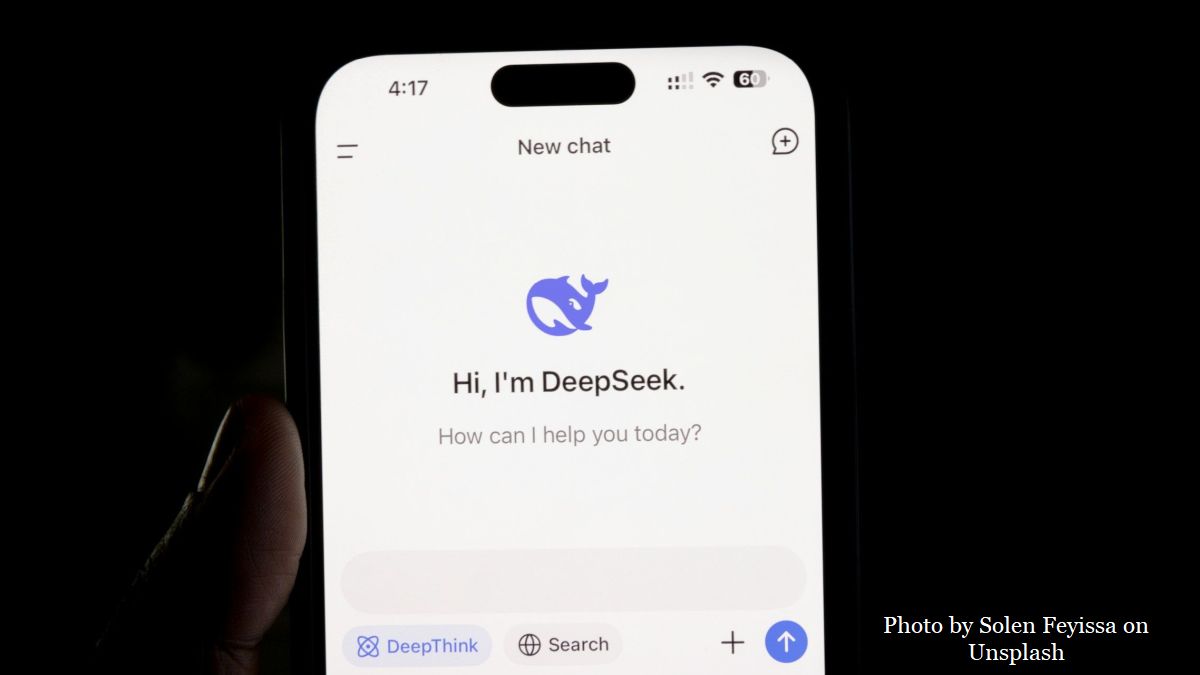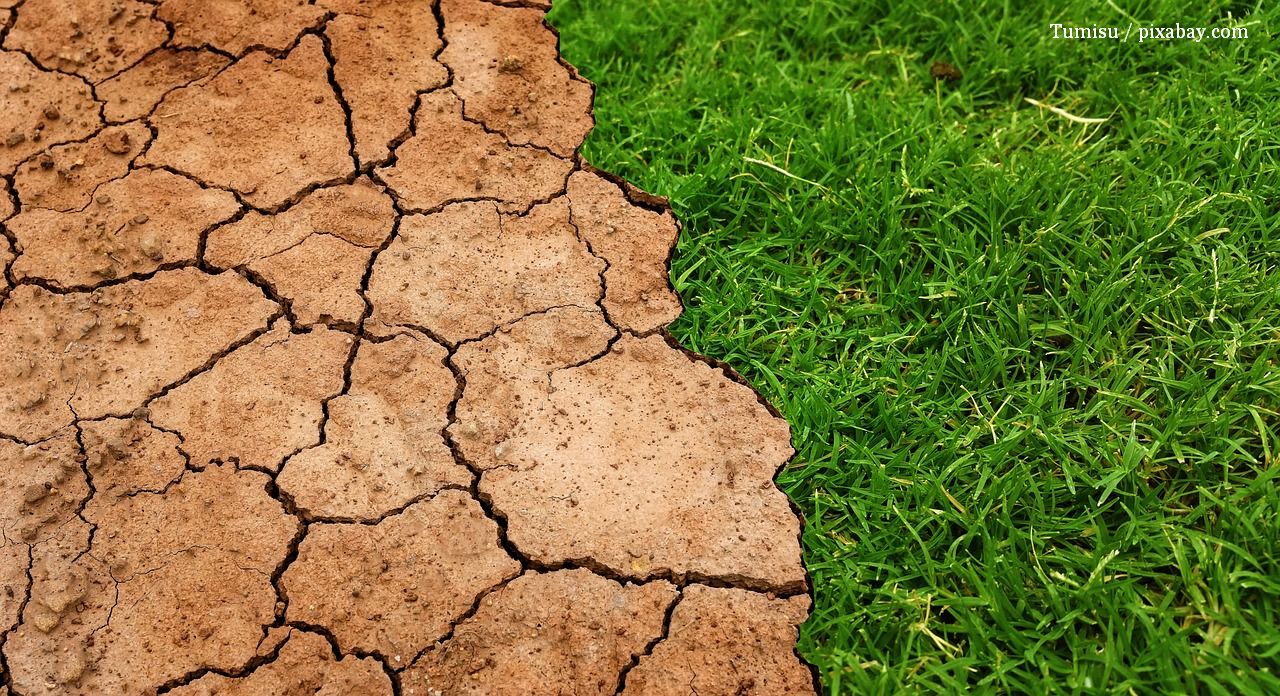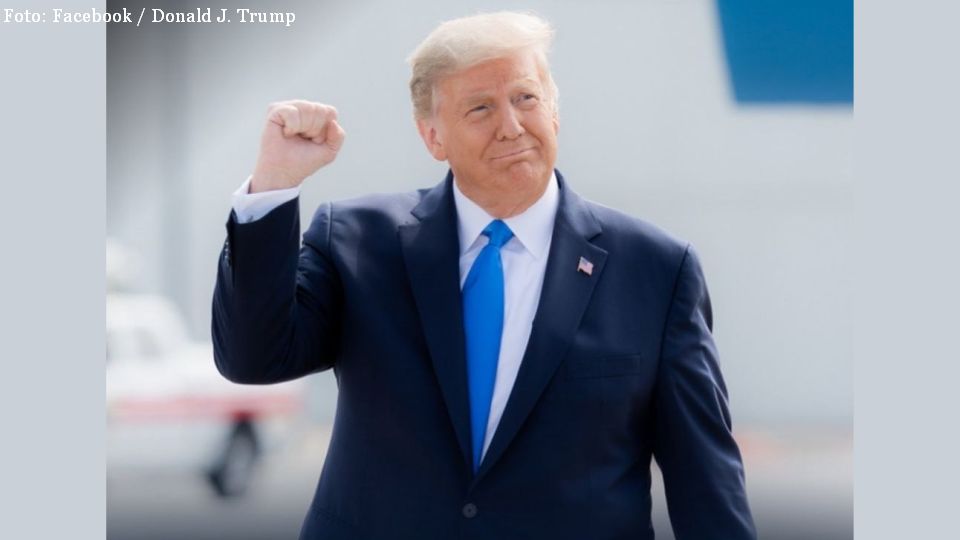Assault on Freedom of Expression
Last weeks bloody attack on the offices of the satirical magazine Charlie Hebdo, a publication that was equally unforgiving with any form of religious fundamentalism, had the international community reeling in shock and horror, firmly condemning the terr
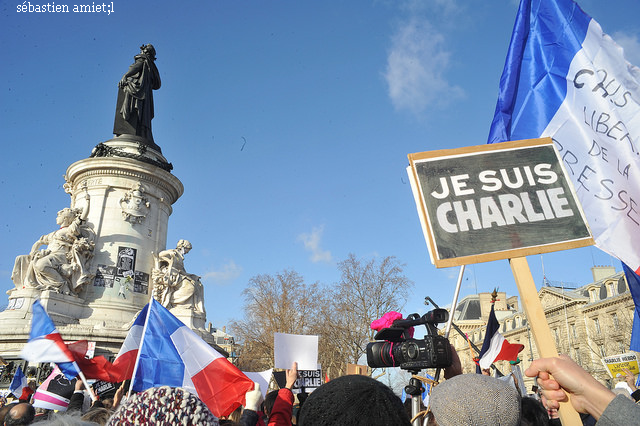
Corina Cristea, 16.01.2015, 13:31
Last week’s bloody attack on the offices of the satirical magazine Charlie Hebdo, a publication that was equally unforgiving with any form of religious fundamentalism, had the international community reeling in shock and horror, firmly condemning the terrible deed.
This was not the first attack against the magazine, which had been firebombed in 2011. The latest attack left several journalists and police guarding them dead. It was followed by a further attack, which left one policewoman dead, and by a hostage taking at a Jewish store, which also left several people dead. This was purportedly done in retaliation for the magazine’s bold weekly printing of cartoons that ridiculed with sarcasm anything it saw as an attack on freethinking and freedom of expression.
The first reaction from a foreign official came from the PM of Great Britain, David Cameron, who spoke against the atrocious crime. He said his country stood with the French people against terrorism in defense of the freedom of the press, and that the perpetrators would not take these values away. This message echoed in the impressive solidarity march held in Paris. In an interview for Radio Romania, professor Iulian Fota, former national security adviser to the presidency, made an analysis of the events in France.
Iulian Fota: “This is a crisis that goes beyond France, it is a crisis all over Europe, because the values that were attacked in France are the values of Europe. We may be witnessing a new offensive of these extremist elements against Western civilization, especially European. I believe there are many elements that have to be discussed in the upcoming period, because the significance and consequences of this crisis are countless. We will have social consequences, political consequences, and many of them are not favorable to the type of society that we would like to build. First of all, the feeling of insecurity will increase. This may feed the confusion in some people’s heads. We know that a crisis has two elements: the threat and the opportunity. A better organization of society, more solidarity, refining the tools for fighting terrorism, enhanced cooperation within the EU and without. There will, of course, be opportunities as well.”
Speaking of the danger of the tragedy in Paris being speculated by certain leaders, professor Iulian Fota believes that there may be a wave that could lift them up in the political hierarchy: “Some of these leaders, for instance, want nothing less than to reshape the EU as we know it. The very idea of solidarity is in doubt. It may be that on a historical scale this attack may have profound implications for all of us, and force us to make an effort to analyze and understand the significance of events, and also force us to a better internal organization — I am talking here about Romanian society and authorities.”
As for the perpetrators of the attack, Iulian Fota says that they may be considered quote “lone wolves, but acting on suggestions, maybe orders, or maybe recommendations from people who share their violent attitude, devoid of any humanity. They exemplify a wider phenomenon, more complex, of longer duration, which in the end materialized in these Islamic fundamentalist elements.” unquote
Iulian Fota: “We may suppose they are lone wolves. Why? Because in the last few years security systems in the West have been efficient in dismantling organizations and preventing attacks, therefore we can suppose that these organizations have learned and realized it is dangerous to work in large groups, so they adopted another strategy, that of lone wolves. The franchise of violence has been spread around the world through various channels, including the Internet through various specialized websites. Therefore people who decide and wish to change the civil society of the Western type, to harm it, know what to do in the end. How to do that is up to them.”
What happened in France was shocking at first. In the longer run, it is a test, a new kind of test. Western society has been periodically subjected to such tests, and Iulian Fota says that it is clear that we are dealing with a new kind of political crime.

